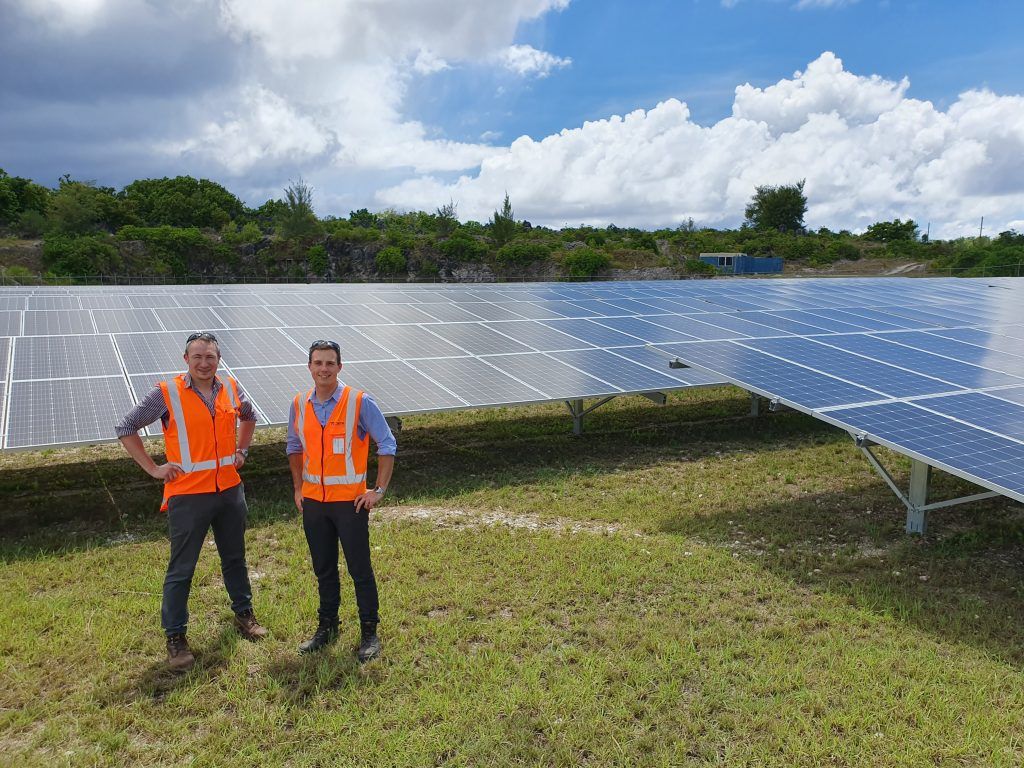DETA in the Islands
Pacific Island nations are some of the most at risk when it comes to climate change due to rising sea levels and severe weather events. Some common effects of climate change that are predicted to impact islands in the Pacific include:
- Rising sea levels inundating low lying areas and destroying previously arable farmlands
- Increased acidity in surrounding waters (a quarter of carbon emissions are absorbed into the ocean resulting in more acidic conditions, which is harmful to most marine organisms)
- Potentially more extreme weather events (cyclones with higher winds and more intense rainfall)
- Increased sea and air temperatures
While they are small nations with relatively low emissions in the big scheme of things, some of the Pacific Island nations have been among the first to make ambitious emission reduction targets. Fiji, for example, was the first country in the world to ratify the Paris agreement!
The New Zealand Government is providing financial assistance in the Pacific to help certain island nations reach their targets and minimise their dependence on imported fossil fuels. DETA is pleased to be helping in the Pacific; here’s what we’ve been doing, and where we are heading next:
Fiji
The Fiji Government has set a target to reduce greenhouse gas emissions by 30% by 2030. 10% of the reduction would be achieved through energy efficiency and the remaining 20% would be achieved through renewable energy. In 2019, DETA worked with the Fiji Department of Energy (DOE) to undertake an Energy Benchmarking Study in the manufacturing, commercial and hotel sectors. The key aims of the study were to investigate how energy is being used within each sector, benchmark the energy performance of similar sites and identify common energy opportunities for each sector. We confirmed that the three sectors will be able to achieve a 10% reduction in energy consumption by implementing economically viable energy efficiency projects across Fiji. The Fiji DOE is now using the results from the study to engage with key stakeholders and will look to develop energy efficiency programmes in order to achieve the energy reduction targets by 2030.
Nauru
DETA is currently working with the New Zealand Ministry of Foreign Affairs and Trade (MFAT) to support Nauru to increase economic resilience and reduce reliance on imported fossil fuels. At present Nauru is highly dependent on fossil fuels for generating electricity. To help reduce this dependence, MFAT have engaged DETA, Elemental and ESP to develop an Energy Strategy Framework for Nauru and develop business cases for energy efficiency projects that can be implemented over the next three years. This is an exciting opportunity for DETA to help maximise the positive impact that MFAT’s assistance can have on the small island nation of Nauru.
DETA will be working with other Pacific Island nations on similar energy efficiency programmes in 2020, so stay tuned to hear more about these projects once they get started; in the meantime, you can read about the energy profiles of all of the Pacific Islands here.






